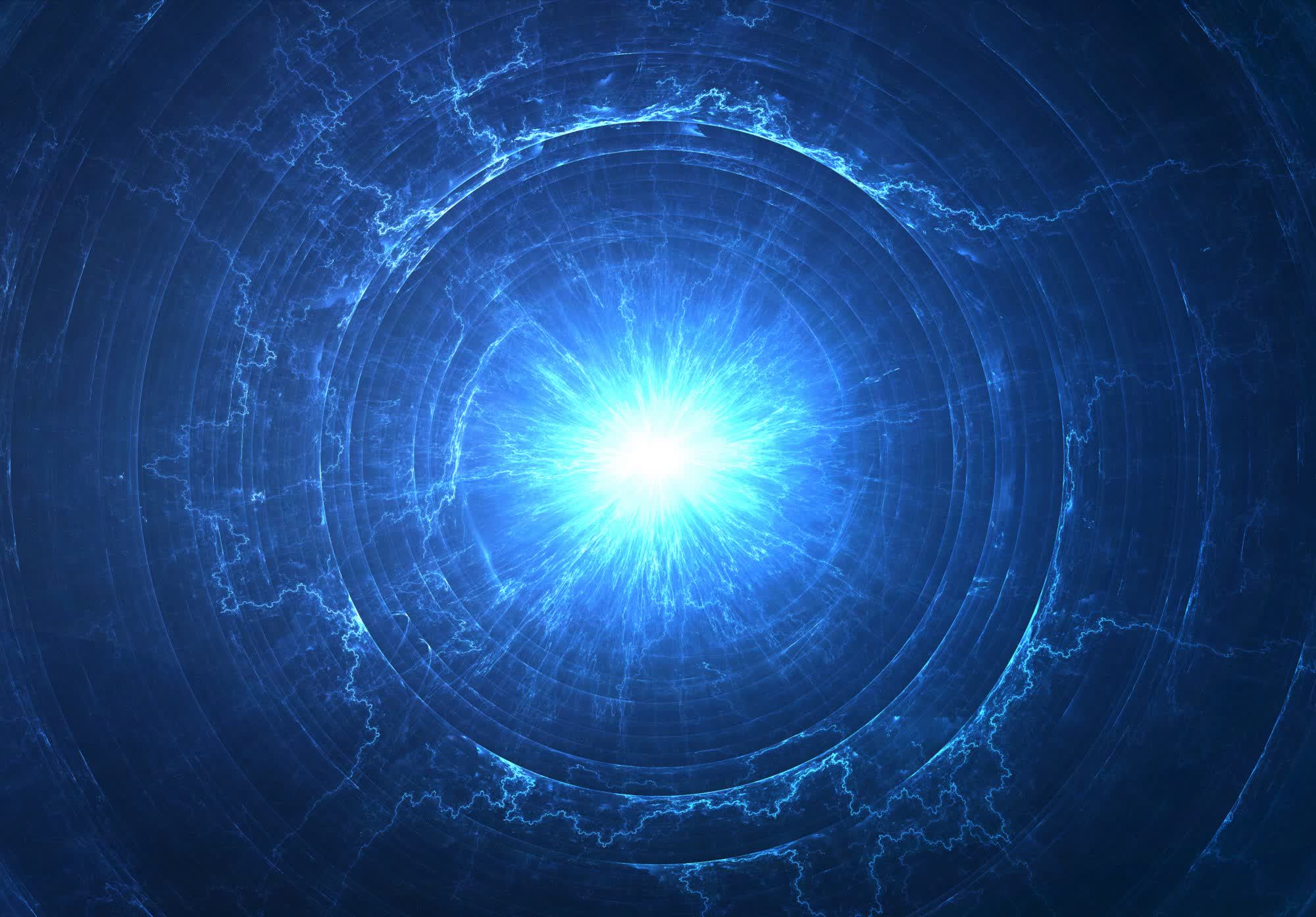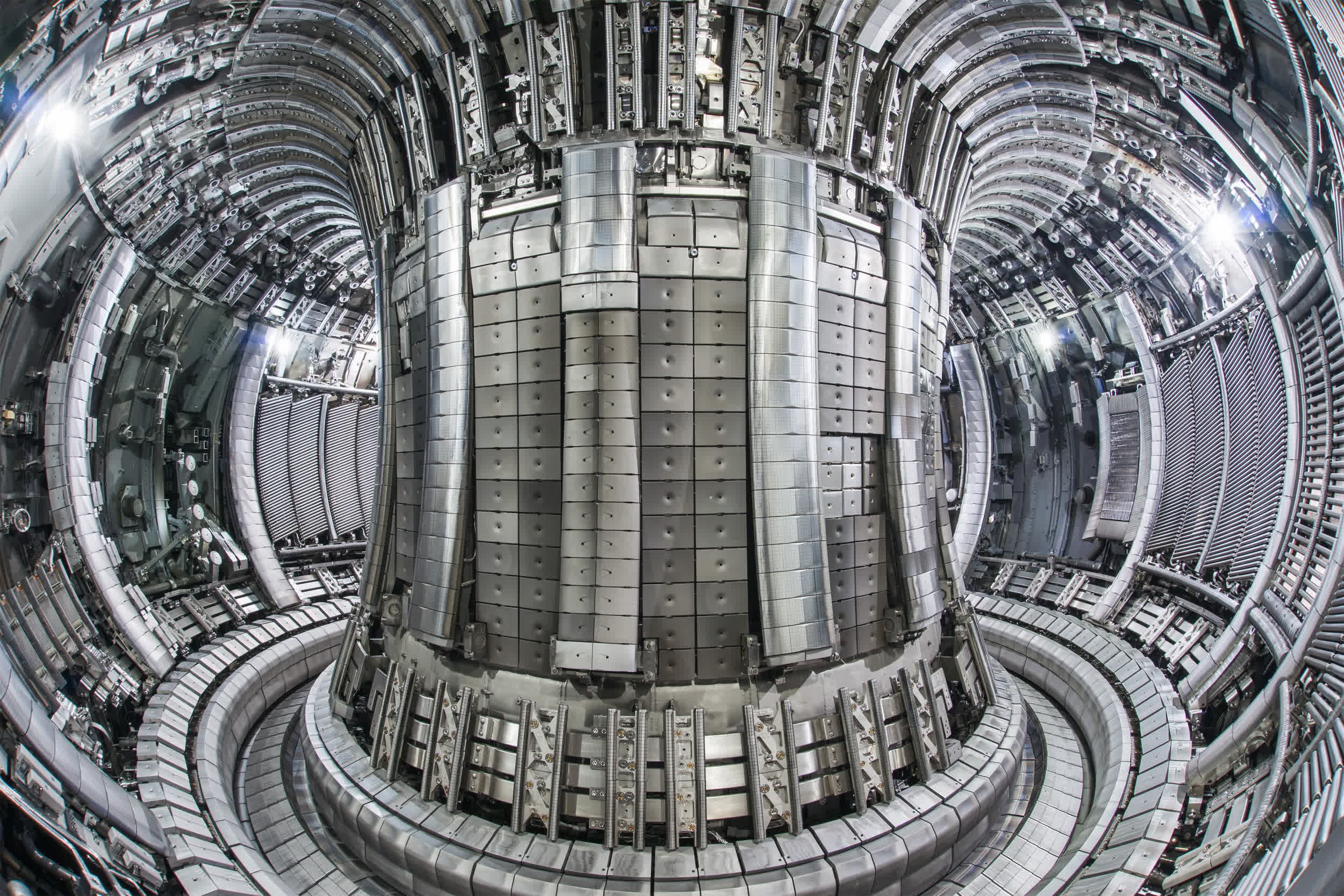A hot potato: Bill Gates is a long-time proponent of funding innovative nuclear energy ventures, but Microsoft is now going way beyond this financially risky approach. Helion Energy, a Washington-based start-up, is guaranteeing Redmond it can generate electricity by nuclear fusion five years from now.

Microsoft and Helion have entered an outstanding agreement involving nuclear fusion, a source of clean, theoretically unlimited energy that Helion is betting will be commercially viable by 2028. The Washington start-up is essentially planning to plug its innovative (and potentially revolutionary) technology into the electric grid within 5 years, achieving something that the international scientific community, governments and private companies all over the world have been chasing for almost a century.
A statement from Helion founder and CEO David Kirtley highlights how the venture has nothing to do with science fiction or a potential commercial fraud: the company signed a "binding agreement" with Microsoft, which means Helion is committed to "be able to build" a working system and sell energy to Redmond to avoid paying harsh financial penalties.
Nuclear fusion is universally considered the "holy grail" of energy, as scientists are essentially trying to replicate what happens at the center of every star in the universe in a controlled manner. When two hydrogen nuclei are pushed against each other by overwhelming pressure and gravity force, they fuse together, generating a new helium nucleus. According to the law of mass-energy equivalence, a major portion of matter within the fusion reaction turns into the gargantuan amount of electromagnetic energy we can see every day coming down from the sky.

The traditional (and most advanced) approaches to try and replicate the fusion process in a contained reaction involve a powerful laser system "shooting" at a tiny target of fusion fuel, or a magnetic field designed to compact superheated plasma energy in a machine known as tokamak. The US Department of Energy recently said it achieved an unprecedented scientific breakthrough with fusion ignition, but no one has been able to attain, or even promise, what Helion is now betting it can do in a five-year timespan.
The company is developing a new machine which employs a completely different method for energy generation. The 40-foot device is a "plasma accelerator" capable of heating deuterium (a hydrogen isotope) and helium-3 atoms to 100 million degrees Celsius, creating a plasma flux which is then "shot" at the center of the machine by powerful, pulsing magnetic fields. When fusion happens, the machine converts heat into electric energy, which is finally sent to the grid.
Helion says its system can "electrically recover" all the energy put in the machine to feed fusion ignition, and the system itself would "quickly" become smaller and cheaper in the future. The company also states that getting enough deuterium and the rare helium-3 isotope fuel is not an issue, as there's a patented process to make more helium-3 atoms by fusing deuterium atoms together in its plasma accelerator.
Scientists and experts are baffled, but they're also giving Helion some credit while waiting for the technical details about this new fusion energy wonder. One of Helion founders is OpenAI CEO Sam Altman. Microsoft made a huge investment in OpenAI to push ChatGPT's generative AI throughout its entire product portfolio, so Altman could very much be one of the main proponents for the 2018 agreement.
https://www.techspot.com/news/98652-microsoft-wants-get-electricity-fusion-energy-five-years.html